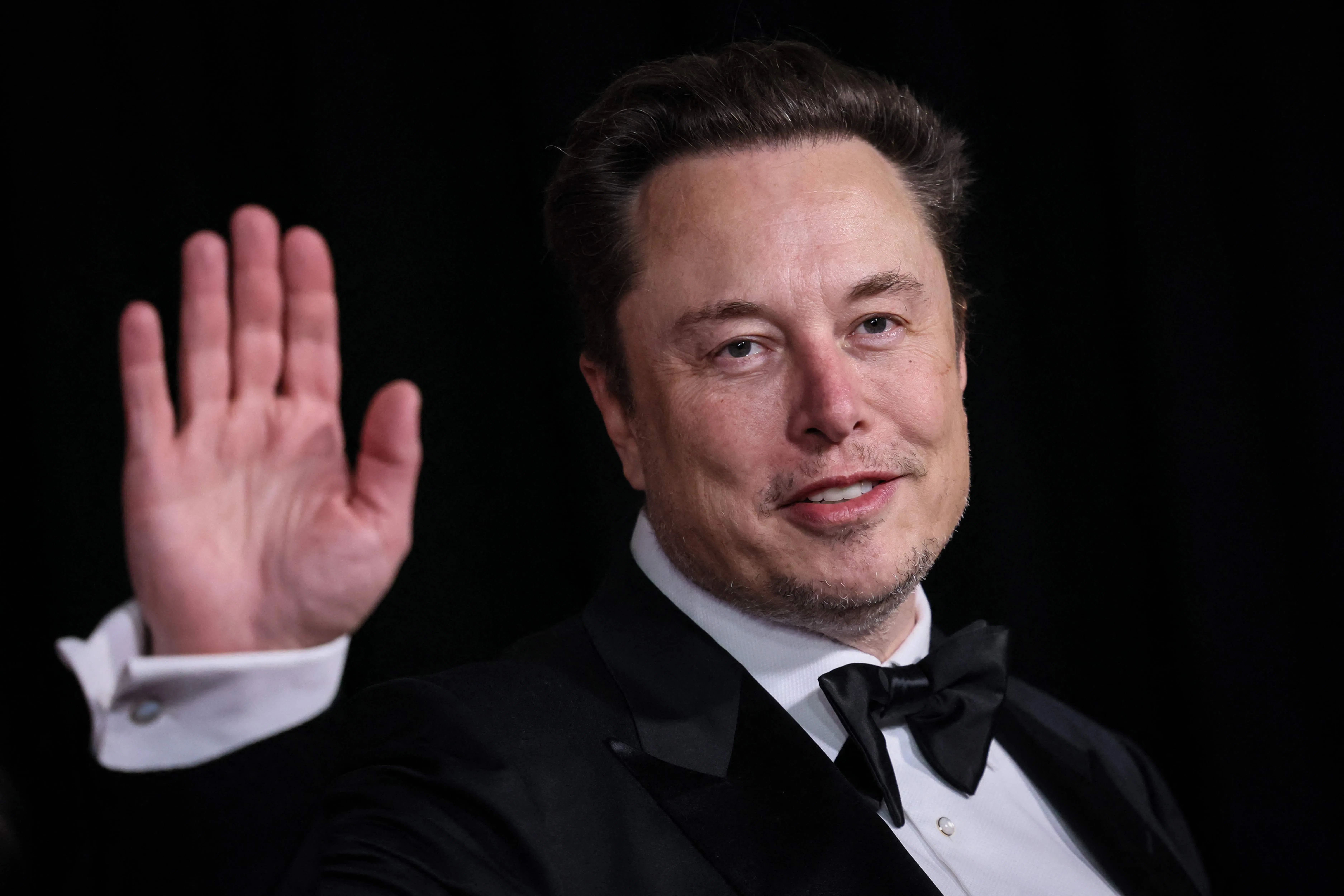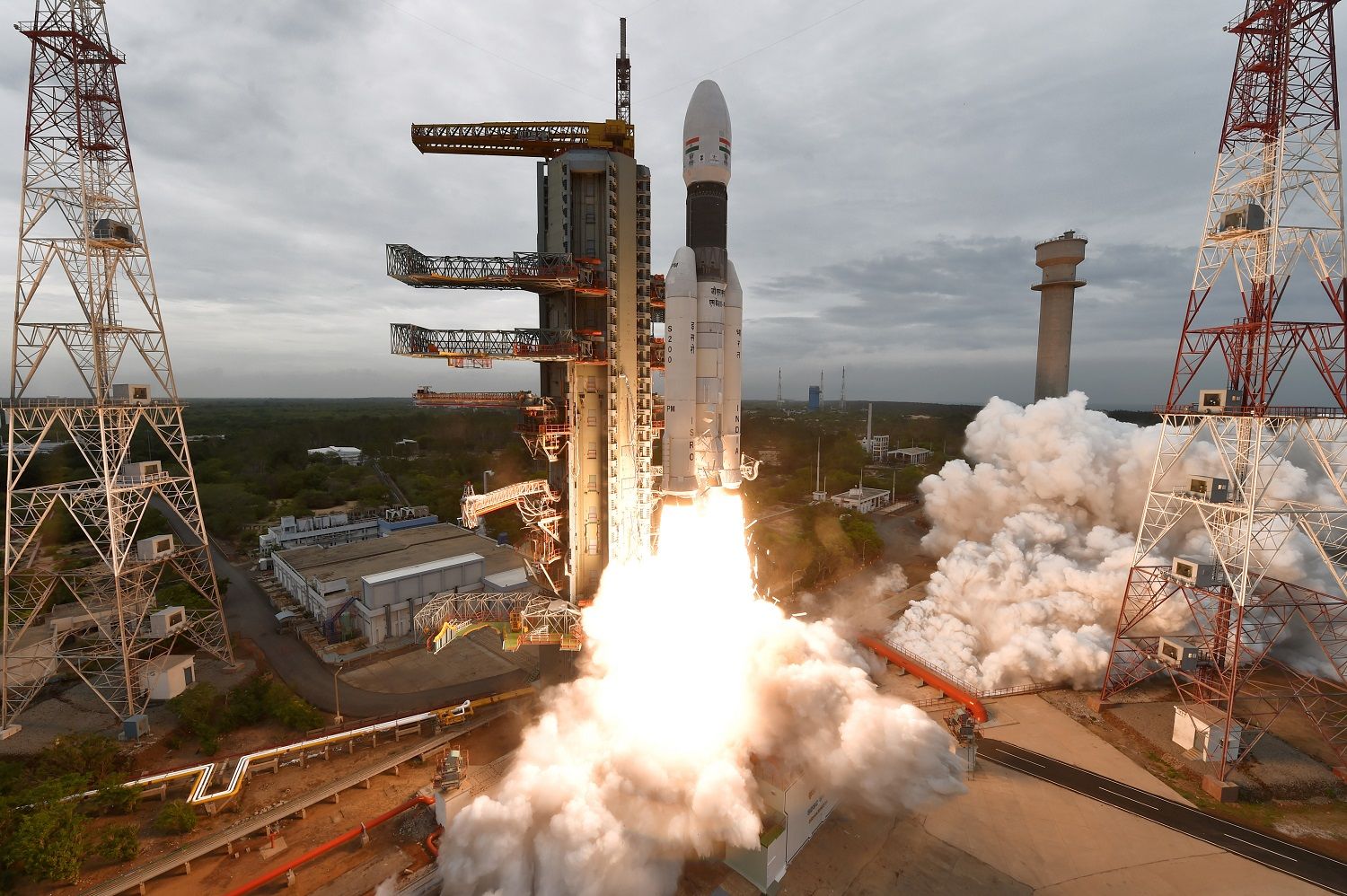[ad_1]
ELON Musk is making one of his biggest asks of Tesla investors yet.
It was one thing for shareholders to approve his moonshot pay package in 2018, when it contained seemingly audacious goals and the market for electric vehicles was still Tesla’s to lose.
In requesting that they ratify the same package again, Musk and Tesla’s board are gambling that the billionaire’s cult following and his role in the carmaker’s stock surging about 700 per cent over the past six years – which its leadership says merits a big payday – will outweigh the fact that much has changed since 2018. Most notably, that the pay in question was voided by a Delaware court earlier this year.
Tesla’s 2024 proxy statement, filed on Wednesday (Apr 17), asks shareholders to approve the same 2018 compensation package for its chief executive officer that was rejected by Delaware Chancery Court judge Kathaleen St J McCormick, who argued the board was not looking out for the best interests of investors.
What’s immediately at stake for Musk are Tesla stock options that makeup nearly a quarter of his net worth, according to the Bloomberg Billionaires Index. But so too, according to the proxy, is his future as CEO.
“If the 2018 CEO performance award is not ratified, then Tesla may need to negotiate a replacement compensation plan with Musk,” the filing said. “There is a risk that failure to ratify would further delay any compensation for the CEO, which could affect his incentive to continue devoting time and energy to Tesla, which is essential to the company.”
GET BT IN YOUR INBOX DAILY

Start and end each day with the latest news stories and analyses delivered straight to your inbox.
The unprecedented compensation package awarded him 12 tranches of options dependent on the company hitting increasingly steep targets related to market value, revenue and adjusted earnings. Each tranche of options corresponded to 1 per cent of Tesla’s outstanding shares.
There was significant doubt about whether the targets were achievable at the time – the filing cites a The New York Times article that called the top market capitalisation goal of US$650 billion “a figure that many experts would contend is laughably impossible” – but they were all met by the end of 2022. That gave Musk the maximum number of options outlined in the pay package, which are currently worth US$40.2 billion.
73 per cent approved
Shareholders were willing to bet their money alongside Musk’s in 2018. About 73 per cent of disinterested shareholders voted to pass the package, even though large proxy advisers said it was too costly and openly questioned why Musk needed more equity to stay committed to the company.
But things have changed since then. For one, shareholders know the goals related to the moonshot package have already been achieved. Rather than betting on targets that could also make them wealthy, now it’s only Musk getting rich – to the tune of about 8 per cent of Tesla’s current market capitalisation.
The vote also comes at an awkward time for the electric carmaker. The company is cutting more than 10 per cent of its workforce amid slowing growth, and shares are down about 37 per cent this year, making it the second-worst performer on the S&P 500 Index.
More awkward still, the company has “un-met” some of the award’s original goals. Tesla’s stock is currently trading well below its highest market capitalisation target, for instance. Musk would still receive all the options if the pay package is approved.
Still, dozens of institutional shareholders have contacted Tesla and expressed support for the 2018 compensation plan, including four of the top 10, according to the filing. The carmaker also said that thousands of retail investors have sent letters and e-mails to the board expressing the same sentiment.
Tesla cited a letter chair Robyn Denholm received from T Rowe Price Group, one of the automaker’s biggest shareholders, which called the ruling “a negative surprise”, and suggested that the package be put up for another vote.
“We believe the 2018 plan demonstrated strong alignment with the interests of long-term investors, and it was followed by an impressive, validating period of value creation,” a T Rowe spokesperson said on Wednesday.
Wealth impact
Although Tesla’s board says the voiding of Musk’s 2018 pay package means he has not been compensated for any of his work for the past six years, he is not struggling financially. Musk owns about 13 per cent of the company, excluding the options package, a stake that has appreciated by more than US$55 billion over the past six years. He also sold stock worth more than US$39 billion during that time.
Musk is worth US$173.8 billion, according to the Bloomberg Billionaires Index. which considers the options part of his fortune until there’s clarity around his pay package. After starting the year in the ranking’s top position, he’s now the fourth-richest person in the world, having lost US$55 billion largely due to Tesla’s stock decline.
If the compensation package is rejected, Musk’s net worth would drop by US$40.2 billion and he would be the eighth-richest person on the planet, behind Google co-founder Larry Page.
However, Tesla’s board would probably need to quickly approve an alternate package, and the special committee reviewing Musk’s compensation made it clear he’s unlikely to accept much less.
“Although the Special Committee expressly and consciously did not negotiate (or renegotiate) with Musk about his compensation, it expects from its interview with him that, for Musk to agree to it, any new plan would need to be of a similar magnitude to the 2018 CEO performance award,” the filing said. BLOOMBERG
[ad_2]
Source link







